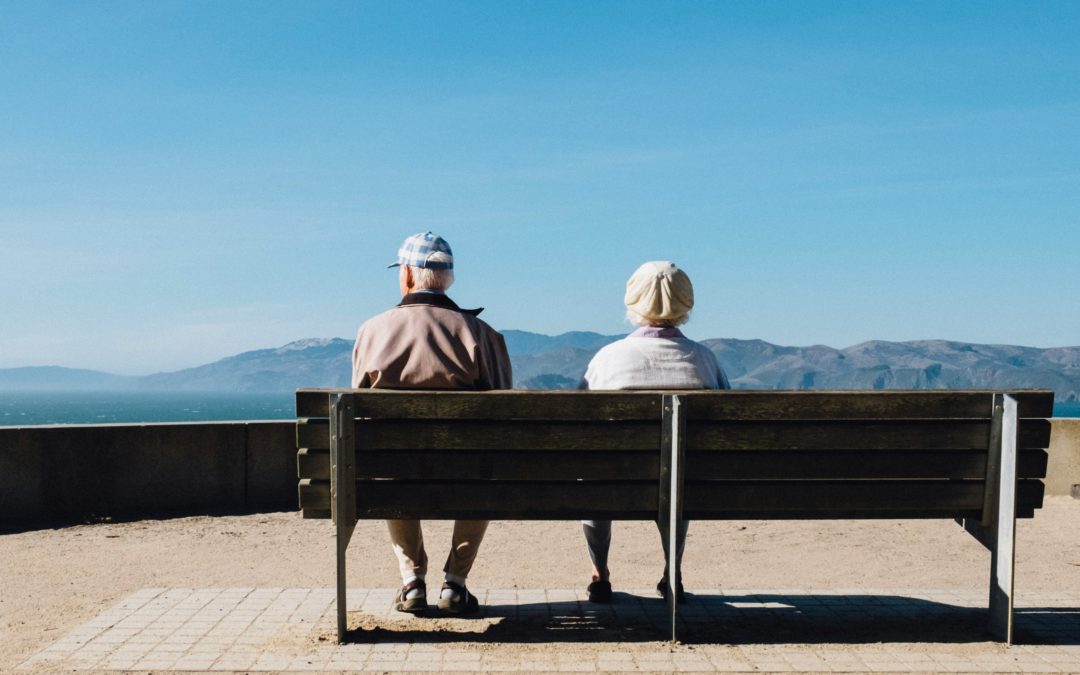Author: Sam Bowman
For adults, exercise and socialization may be difficult enough propositions on their own; but for aging adults with bipolar disorder, there are times when maintaining a regular, active schedule may seem downright impossible.
Sure, it’s easy enough when you’re experiencing feelings of mania; you feel as though you could conquer the world, let alone jog a couple of blocks or go for a swim at your local community center. But when you’re experiencing feelings of sadness… well, that’s another matter entirely.
However, staying active and engaged has a profound impact on your ability to maintain balance. Investing your time and effort into activities that keep you happy and healthy has a positive impact on your health, well-being, and overall sense of satisfaction in your golden years.
Hit the Gym
If you’ve heard it a lot, it’s because it’s true: exercise has a profound positive impact on older adults’ mental health. In addition to maintaining your physical condition by preventing bone loss, improving your balance and coordination, and staving off heart disease, exercise actively helps you navigate the cycles of bipolar disorder.
Exercise directly helps with bipolar disorder by:
● Producing helpful hormones: Exercise facilitates endorphin production in the body, while also releasing hormones associated with happiness like dopamine and serotonin. Additionally, it actively reduces cortisol, a stress hormone that tends to be present in high levels for people with mental illnesses.
● Facilitating neurogenesis: Exercise and brain health are positively connected, as exercise tends to help brain cells redevelop. For people with bipolar disorder, the most relevant benefit is the regrowth of cells in the hippocampus, the organ responsible for mood regulation.
● Providing a healthy outlet: Exercising regularly occupies both the mind and the body, uniting them in the pursuit of healthy goals. It leaves less room for potentially harmful fixations to take root, and leaves you feeling more able to manage the cycles of bipolar disorder.
Exercise is often touted as a valuable aid for those living with mental health disorders; and as you can see, there’s a reason for that. Start exercising regularly, and you may find it a bit easier to navigate the chaos of bipolar disorder.
Explore Hobbies
Did you know that hobbies can also contribute to keeping your brain healthy? It’s true; research shows that older adults who sustain their mental engagement by keeping busy are more likely to experience cognitive benefits and even delay the onset of common conditions like dementia. Choosing a hobby that allows you to earn some extra cash while exercising your mind and body provides added motivation, which helps you maintain a set schedule and improves your ability to cope with symptoms.
Investing your time and effort into a potentially lucrative hobby serves a variety of functions: it may improve cognition, it’ll provide you with some extra pocket change, and instill you with a sense of both community and purpose. If you’re unsure where to start, try any of these commonly profitable hobbies for older adults:
● Cooking
● Home Brewing
● Restoration/House Flipping
● Gardening
● Craft Making
● Art/Photography
Never underestimate the power of a hobby to improve your overall quality of life. People living with a wide variety of mental illnesses can find refuge in hobbies, allowing them opportunities to expend their energy productively, connect with the wider community, and pivot their attention and effort away from their mental illness.
Travel, Travel, Travel!
Have you heard of snowbirding? It refers to when a person chooses to travel toward the South in the winter, seeking warmer climates and a brightly shining sun when the sky is dark back home. For older adults with bipolar disorder, it presents an opportunity to remain active and escape a climate that may exacerbate their symptoms, all while allowing them to take the vacation of their dreams.
Select your ideal destination, then begin coordinating your travel plan. As you chart your agenda, make sure that you take into account common safety concerns, and arrange to have regular contact with loved ones or friends back home. Plan your transportation thoroughly, and make sure your hotel is in a safe district. Doing this level of pre-travel research will help you keep your vacation as carefree as possible, so long as you let common sense be your guide.
However, while the act of traveling does provide some much-needed relief, there are still complications to traveling with bipolar disorder. It’s crucial to understand them before you depart, and along with preparing common safety measures, to give yourself what you need to fully enjoy your vacation.
Your golden years, and your experience of them, do not have to be limited by bipolar disorder. Follow the above tips, and you’ll find you’re able to attain a balance that allows you to maintain joy.
The content of the International Bipolar Foundation blogs is for informational purposes only. The content is not intended to be a substitute for professional medical advice, diagnosis, or treatment. Always seek the advice of your physician and never disregard professional medical advice because of something you have read in any IBPF content.


